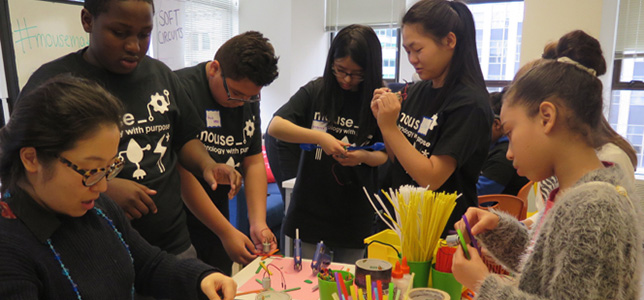
Mouse, a New York-based nonprofit, is launching a handful of STEM courses this fall, aimed at teaching students new skills based on cutting edge technology.
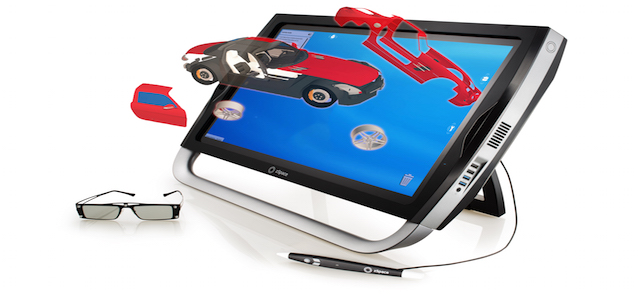
zSpace, a Silicon Valley-based mixed reality education company, unveiled at ISTE new additions to its career and technology education (CTE) applications. The interactive GTA Virtual Automotive Training courses use zSpace’s mixed reality environment to give students hands-on experience with all the essentials of auto mechanics.
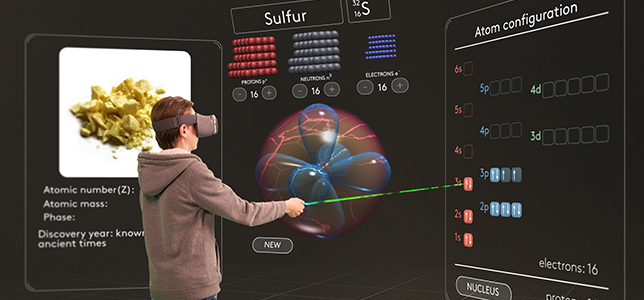
MEL Science, based in London, has launched a series of virtual reality (VR) chemistry lessons for K–12. The 3-year-old company this week released a MEL Chemistry VR app, featuring a virtual chemistry lab, for free on Google Daydream.
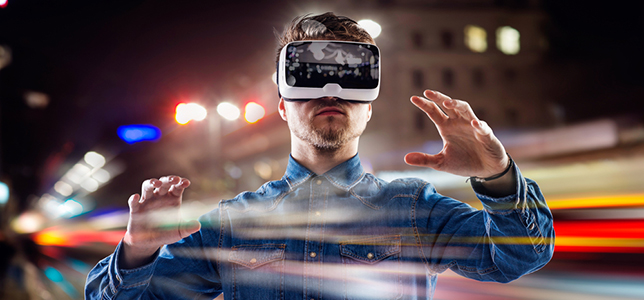
Oculus Rift is out, but Oculus is in. Even as Facebook's virtual reality system had just 99,000 shipments during the first quarter of 2017, the Oculus deal with Samsung drove the latter company's shipments to five times as many units over the same period.
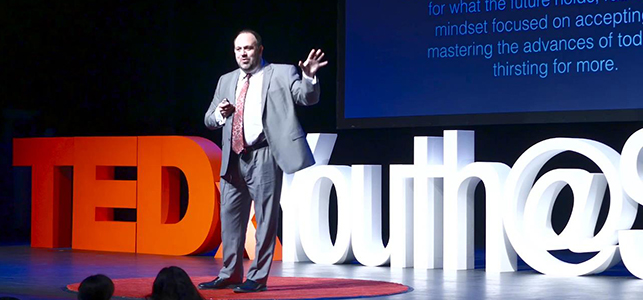
L. Robert Furman urges educators to break the cycle of wash, dry, rinse, repeat. The Pennsylvania principal will present at three sessions during the ISTE conference later this month.
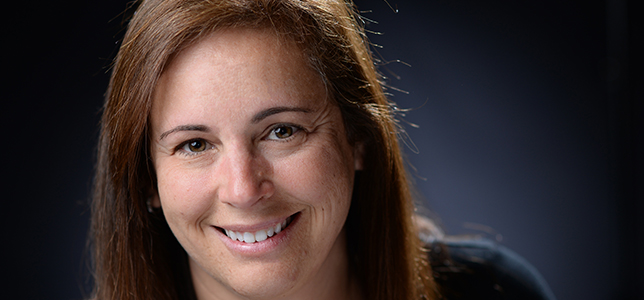
Leslie Fisher has turned her name and talents into her own successful ed tech consulting company. She will present at seven different sessions during the ISTE conference, June 25-28, in San Antonio, TX.
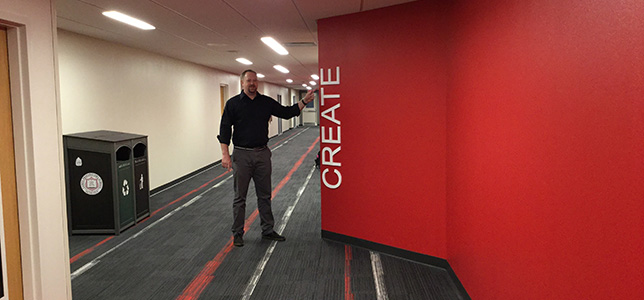
Chad Lewis and his school, Tampa Preparatory School, have received a fair amount of attention lately. Lewis, the director of technology at the Florida private school, has transformed classrooms throughout his 670-student institution, which starts with sixth graders and goes up through 12th grade.

Thousands of elementary students from across the United States are expected to travel virtually to Washington state’s Penrose Point and Lime Kiln Point state parks in May to see orcas and other aquatic life in their natural habitats through Journey to the Parks, a series of high-tech distance learning experiences.

Google has recently released a brand new version of Google Earth for both Chrome and Android. This new version has come with a slew of nifty features teachers can use for educational purposes with students in class.
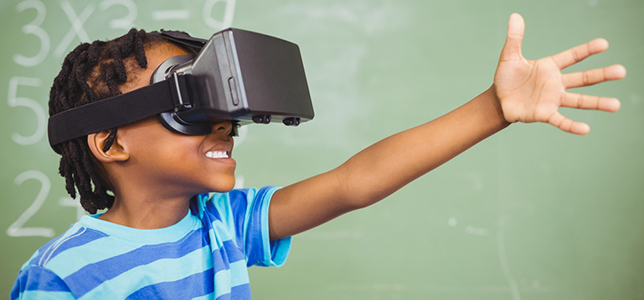
Despite plenty of media attention and hype, augmented reality (AR) and virtual reality (VR) are technologies still on the outskirts in American classrooms, according to a recent survey by the nonprofit organization Project Tomorrow. Only five percent of teachers said they are using AR or VR in their classrooms, Project Tomorrow found in its annual Speak Up survey of more than 510,000 K–12 students, parents and educators.